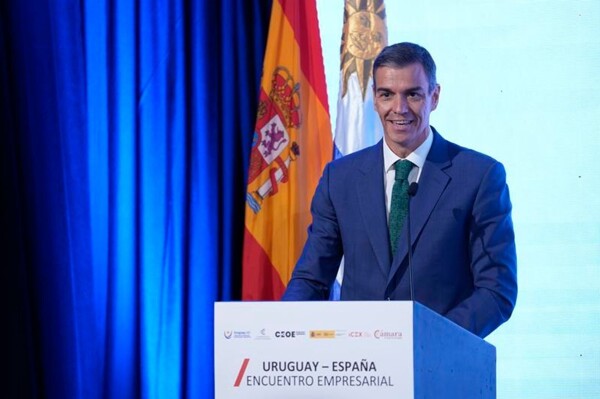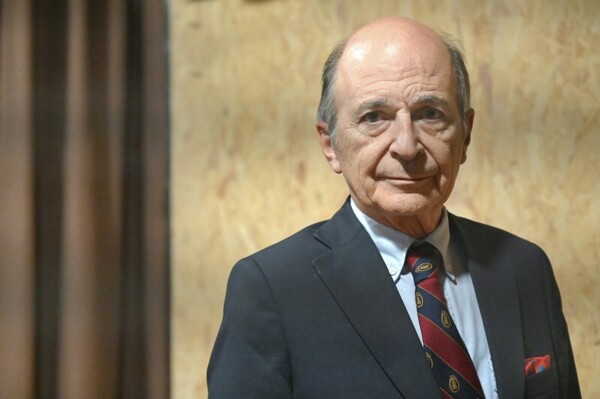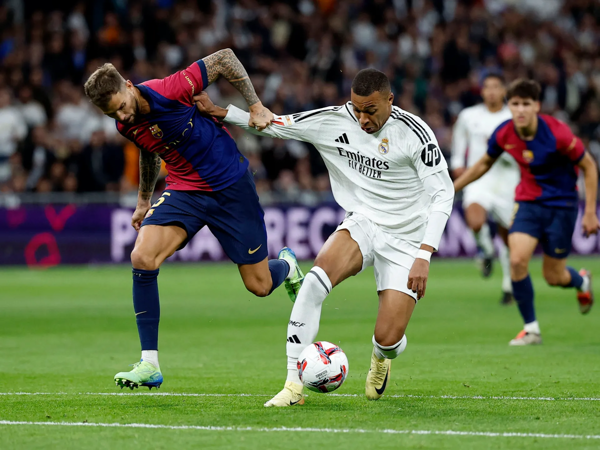Pedro Sánchez has held nine meetings in less than six hours and then appeared to address the Government's stance on the war in Ukraine and the EU's rearmament plan. Although he did not provide many details, the president indicated that the increase in defense spending will not require Congressional approval and asserted that it will not involve cuts to social spending.
"Although it will entail an effort for citizens," Sánchez admitted. This explanation came after several groups, including the PP, criticized the government's lack of clarity regarding its plans to increase defense spending without going through Congress.
Sánchez argued that Spain, as a southern European nation, faces issues such as the terrorist threat and cyberattacks in addition to the Russian threat. He also stated that while decisions regarding the deployment of troops must have the backing of the Cortes, other government-related measures would be expedited.
The leader emphasized that defense spending must be a shared responsibility among all European countries and that the EU must enhance its capabilities to avoid relying on outsourcing its security. Sánchez avoided providing specific details on the increase in military spending, limiting himself to stating that they will meet the 2 percent target.
In a lengthy speech, the president highlighted Spain's support for the Ukrainian president and denounced Russia's "neo-imperialism." He also backed the European Commission president's plan to raise defense spending to 3 percent and emphasized the need for solidarity among European countries.
Referring to the upcoming NATO summit in The Hague and the possibility of including investments in cybersecurity in the defense spending, Sánchez called for a peace agreement with security guarantees for Ukraine and requested that the solidarity shown by Nordic countries during the pandemic now be reflected in the opposite direction.














